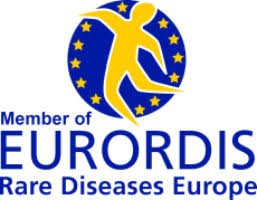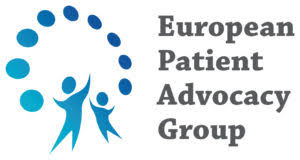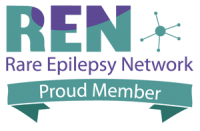Seizures do not typically respond to medical, dietary or neurostimulation and there is currently no recommended treatment for r(20) syndrome. There are reports of efficacy of the ketogenic diet and vagal nerve stimulation in individual cases however other cases do not respond to these treatments and there is insufficient evidence.
Polytherapy should be avoided as this increases the risk of side effects and is not likely to improve seizure control.
It is often unnecessary to treat all episodes of NCSE which may last for minutes, hours or even days as patients will typically recover spontaneously. Use of rescue (emergency) medication may be ineffective and if used regularly may cause sedation and significantly impair quality of life.
Sudden unexpected death has been reported in this syndrome and therefore decisions not to prescribe medication must take this into account.
RECOMMENDATIONS
Individualised emergency protocols
Individualised treatment plans should be drawn up for:
- prolonged seizures
- convulsive status epilepticus
- non-convulsive status epilepticus (NCSE)
Provide patient and/or carer with:
- Safety advice, especially re the ‘confusional state’ associated with episodes of NCSE
- SUDEP risk management
- Genetic counselling
- Patient, carer & employer support requirements (neuropsychological evaluation, guidance, potential psychiatric support)
Review the impact of seizures, drugs & comorbidities on:
- Day-to-day activities
- Overall well-being
- Mental health
- Physical health
- Independence
- Biological and psychiatric health Behaviour
Comorbidities
Until the onset of seizures, childhood development appears to be normal, however there often follows a rapid decline in intellectual function. Skills previously attained may be lost. This decline in ability varies from losing some skills but remaining in the normal range for intellectual function to a significant loss in skills including difficulties with mobility and loss of speech and language functions. r(20) syndrome is associated with an epileptic encephalopathy at times of poor seizure control.
Support is likely to be required at school/college and in the workplace. Behavioural issues such as bouts of aggression before and/or after a seizure are reported. Many individuals develop autistic features. Predicting how severe learning and behaviour problems will be in the future is not possible at the onset of the epilepsy.
Overall about half the patients may have intelligence quotient assessed as in the normal range as adults but many of these may have had a relative decline in their cognitive abilities through childhood.








